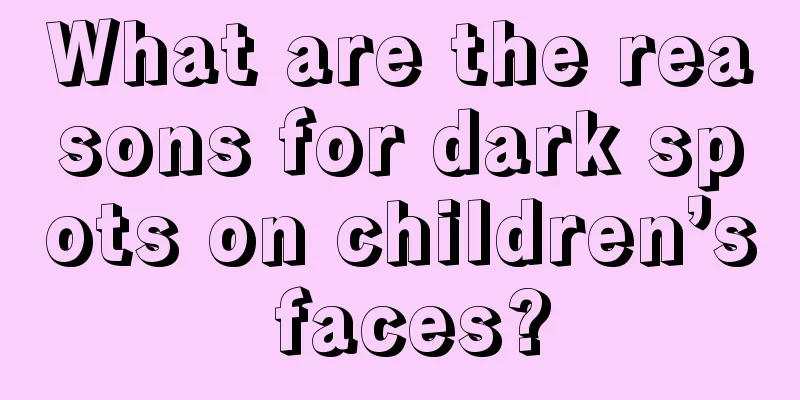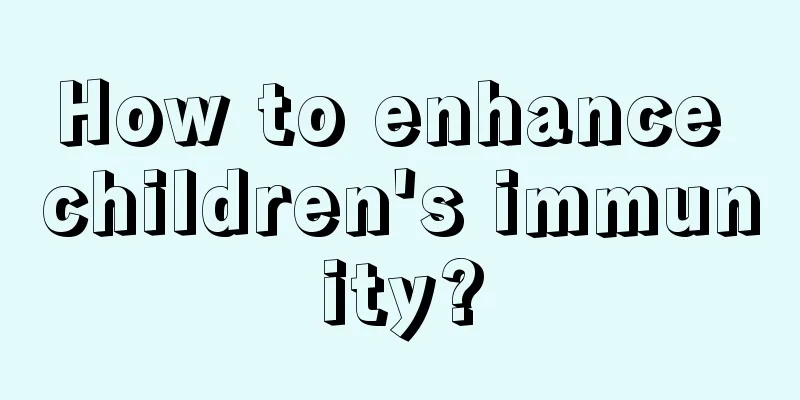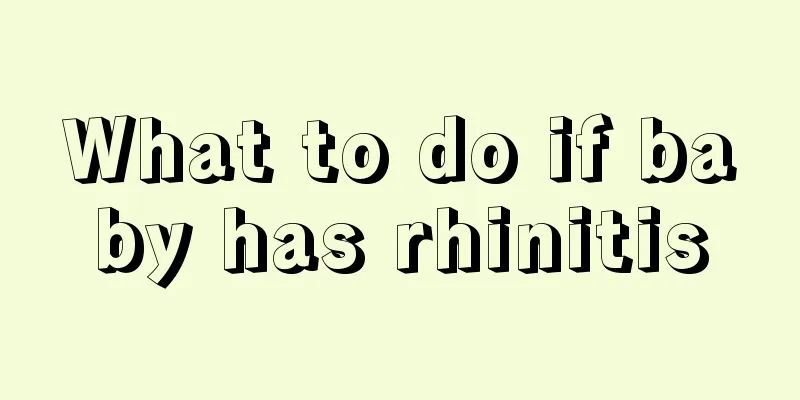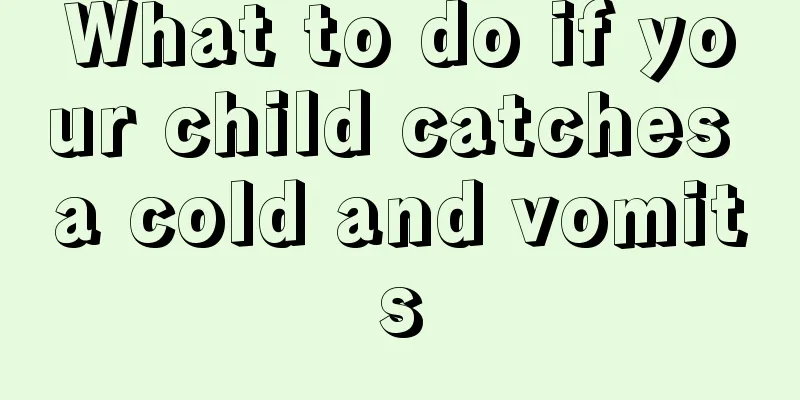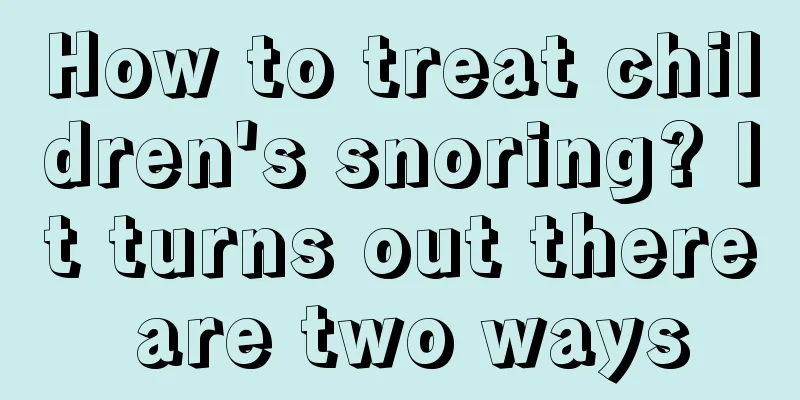What can’t babies eat if they are allergic? Don't touch these foods

|
The baby's body is relatively fragile and its resistance is relatively poor, so many things in life can cause allergies in the baby. As parents, we must always pay attention to the child's physical condition. If allergies occur, we must find ways to keep the baby away from allergens. 1. What can’t babies eat if they are allergic to protein? Common high-protein food allergies include milk, eggs, soybeans, wheat, nuts, peanuts, fish and shellfish. The main component of poultry eggs (hen eggs, quail eggs and egg products) that causes allergies is ovalbumin in egg white. The allergen of ovalbumin has poor heat resistance, and the chance of inducing allergies in poultry eggs that have been treated at high temperatures can be significantly reduced. Milk allergy is very common among infants. In addition to not drinking milk, people with milk allergies should also try to avoid eating dairy products such as cheese curd, yogurt, lactose-free milk and cream cakes. In order to enhance the body's nutrition, patients can only use other foods instead, such as drinking soy milk and soy milk (they are formulas made with soybeans as raw materials and contain neither lactose nor milk protein). 2. Prevent baby allergies by paying attention to diet When choosing complementary food, you should consider your baby's digestive ability When choosing complementary foods, mothers should be more careful and consider that certain foods may have potential allergy risks. When adding complementary foods, it is best to start with semi-liquid rice foods, such as rice soup, rice paste, etc. Even if the baby's stomach and intestines are not yet fully developed, they can still digest and absorb them. This type of food is also more suitable for babies with allergies. As your child gets older, transition to other foods. 3. Try to avoid feeding your baby foods that are prone to allergies Among many foods, high-protein foods such as eggs, milk and beans are more likely to cause allergic reactions. Take eggs as an example. The main component of egg yolk is cholesterol, and the protein content is relatively low, so the chance of allergic reaction is lower. In contrast, egg whites contain various proteins, so the risk of allergic reaction is higher than egg whites. 4. How to deal with baby's food allergies Some mothers will ask: If the baby has an allergic reaction to a certain food for the first time, does that mean he can no longer eat it in the future? No. Mothers should stop feeding their babies this type of food, but this does not mean that the baby can no longer eat it. When the child is 1-2 years old and his intestinal immune system gradually matures, you can let him try this type of food. Of course, you should still try it with one or two bites first and start with a small amount. |
<<: What should I do if my baby is allergic to kiwi? This knowledge should be kept in mind
Recommend
How long does the hand, foot and mouth disease vaccine last?
Hand, foot and mouth disease is a relatively comm...
What to use to wipe the face of a two-month-old baby
Although babies' skin is relatively smooth an...
What are the causes of hunchback in children?
Children's physical development is the issue ...
What to do if your newborn baby has a crooked mouth
There are many reasons why a newborn baby may hav...
How to treat baby skin allergies?
Babies' skin is still relatively tender, so y...
What causes headaches in children?
It is common for children to have headaches in li...
What is going on when a child picks his belly button?
Babies are not only very curious about the outsid...
What should I do if my baby is picky about food and doesn’t like to eat?
In our current lives, the baby's physical hea...
Is it normal for children to sweat during exercise?
Children are naturally active, so they love to pl...
How to improve children's memory
We often judge whether a person is smart based on...
Red eye bags in children
Bags under the eyes are a disease caused by loose...
What to do if your baby has a fever and difficulty breathing
It is winter and the weather is quite cold. Many ...
The best way to treat stuttering in children
Stuttering is very common. There are many reasons...
How do children grow taller in spring?
Spring is here, it is a season of growth, because...
2 and a half year old baby still can't speak
Some babies cannot speak until they are two and a...


